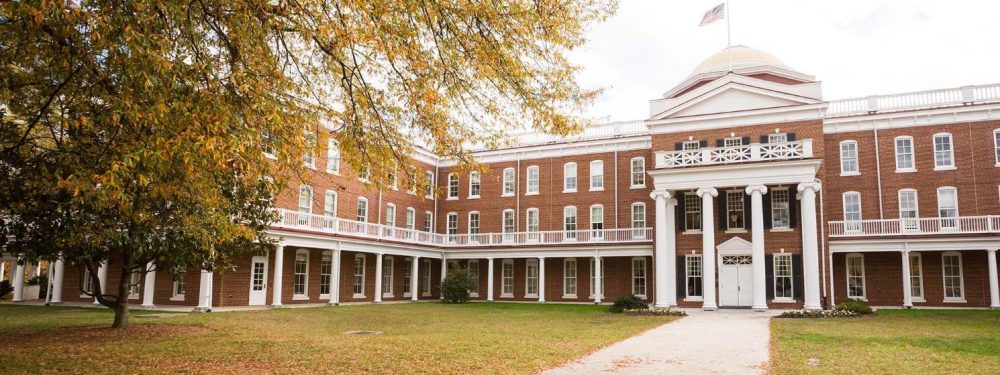Students will be able to evaluate, interpret, and apply experimental design and draw valid conclusions from experiments.
One of the first research projects I conducted was in Integrative Biology (BIOL 120). We covered the scientific method and looked at published literature to better understand what goes into designing a good experiment. My group thought it would be interesting to look at bacteria found on different parts of the door handle on the science building, and how different cleaning methods might affect that bacteria (BIOL 120 Project I Presentation). We looked at existing research to help design our own experiment in an effort to apply our understanding of the scientific method and proper conduction of research in the field. Following our experiment, we consolidated our data and presented the entirety of our project to the class.
While in BIOL 120, we studied how to effectively write various parts of a research paper one section at a time. This became really helpful when I wrote one of my first full research papers in my Introduction to Genetics and Cell Biology course (BIOL 250). Through this project, my lab partner and I wanted to characterize and analyze the yeast found on strawberries, blueberries, and raspberries (BIOL 250 Research Paper). Our project in BIOL 120 really prepared me for research in genetics the following semester, in which we had more laboratory equipment at our disposal to chose a topic. Knowing how to apply experimental design to our genetics project, we were able to incorporate morphological, biochemical, and genetic assays. This taught me laboratory skills crucial in the biology field and allowed me to get a better understanding of how conclusions are drawn from these common methods.
In my immunology course (BIOL 404), our lab component was dedicated to a case study we received regarding a patient with a primary immunodeficiency (BIOL 404 Immunodeficiency Project Presentation). After receiving the patient’s presentation of symptoms, we went on to run tests and assays of our choosing until we were able to accurately diagnose them. Each week, we would receive results from these tests that we would then dissect and interpret in order to figure out exactly what was going wrong with their immune system. I thought this was a really fun project and a great way to demonstrate our ability to draw conclusions from data.
Over the course of my research in my biology courses, I have been able to acquire more skills that have made me capable of becoming increasingly independent in my own research projects. I am confident that I have learned both in the classroom and laboratory settings how to interpret experimental findings, draw valid conclusions, and effectively communicate these to others.
